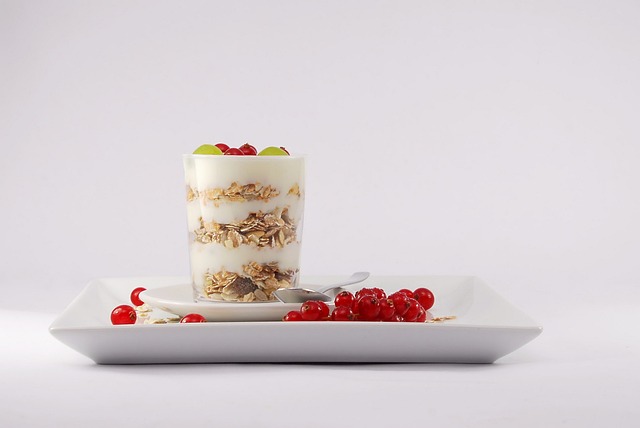Beyond Antibiotics: How Probiotics are Revolutionizing Modern Medicine

When most people think of antibiotics, they picture a small pill that can cure infections and illnesses. And while antibiotics have undoubtedly saved countless lives, there’s a new player in town that is revolutionizing modern medicine: probiotics.
What are Probiotics?
Probiotics are live bacteria and yeasts that are good for our health, especially our digestive system. They are the “good” bacteria that help keep our gut in balance and contribute to overall wellness. While it may sound counterintuitive to introduce bacteria into our bodies, numerous studies have shown the positive impact probiotics can have on our health.
Probiotics are like the superheroes of the bacterial world – they fight off the villains and save the day!
The Benefits of Probiotics
Probiotics offer a variety of benefits, ranging from improving digestion to boosting the immune system. Here are some of the key reasons why probiotics are gaining so much attention in the medical community:
1. Enhancing Digestive Health
One of the primary benefits of probiotics is their ability to promote a healthy digestive system. They help to break down food, aid in nutrient absorption, and prevent harmful bacteria from taking over. Individuals suffering from digestive disorders like irritable bowel syndrome (IBS) or diarrhea caused by antibiotics often find relief with probiotic supplements or foods.
2. Strengthening the Immune System
Your gut health and immune system go hand in hand. Probiotics can help strengthen the immune system by supporting the growth of beneficial bacteria and preventing the growth of harmful bacteria. They also stimulate the production of antibodies, which play a crucial role in fighting off infections and diseases.
3. Managing Mental Health
Did you know that your gut is often referred to as your “second brain”? Research suggests that the health of our gut microbiota can influence our mental well-being. Probiotics may help alleviate symptoms of anxiety, depression, and stress by improving the balance of good bacteria in our gut and promoting the production of serotonin, a neurotransmitter that affects mood.
4. Preventing and Treating Infections
While antibiotics are effective at killing harmful bacteria, they can also disrupt the delicate balance of our gut microbiota. Probiotics help replenish the good bacteria that may be wiped out by antibiotics, reducing the risk of developing infections like Clostridium difficile (C. difficile) and yeast infections.
How to Incorporate Probiotics into Your Routine
There are several ways to introduce probiotics into your daily routine:
1. Probiotic Supplements
Probiotic supplements are available in various forms, including capsules, powders, and liquids. It’s essential to choose a high-quality supplement with strains that have been scientifically studied for their health benefits. Consult with a healthcare professional to determine the right probiotic and dosage for your needs.
2. Fermented Foods
Fermented foods are natural sources of probiotics. Incorporate foods like yogurt, kefir, sauerkraut, kimchi, and kombucha into your diet. These foods not only provide you with beneficial bacteria but also add delicious flavors to your meals.
3. Prebiotic-Rich Foods
Prebiotics are a type of fiber that serves as food for probiotics. Foods rich in prebiotics include garlic, onions, bananas, asparagus, and







